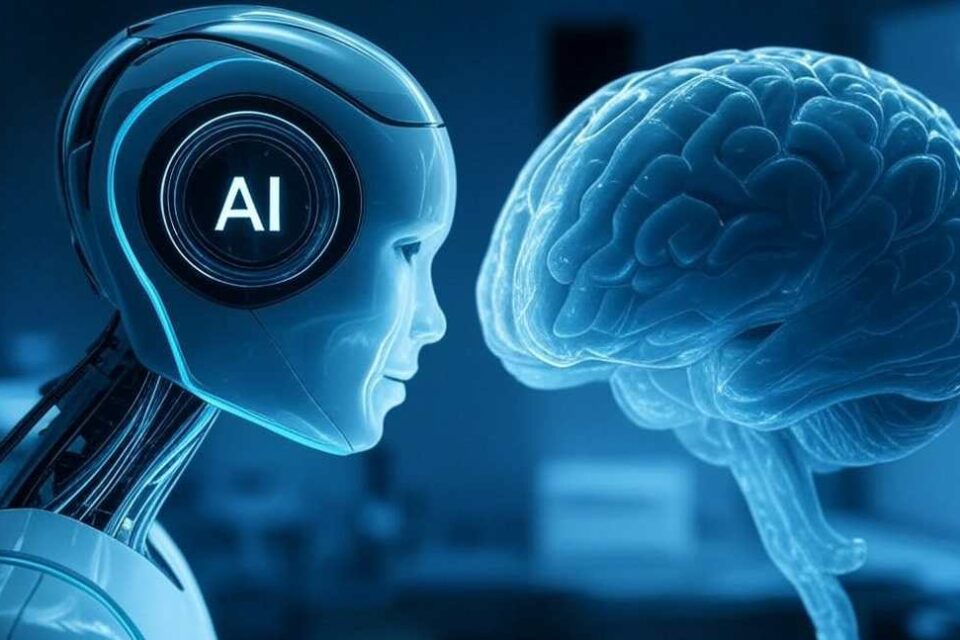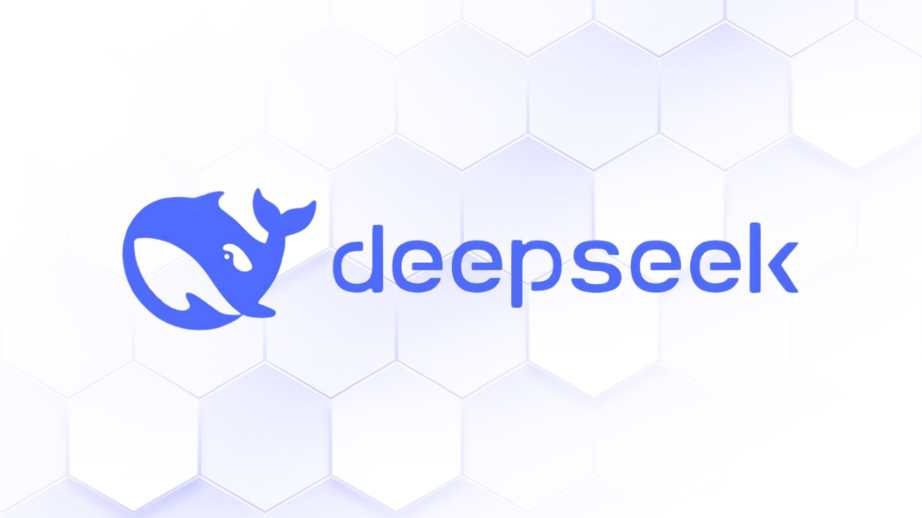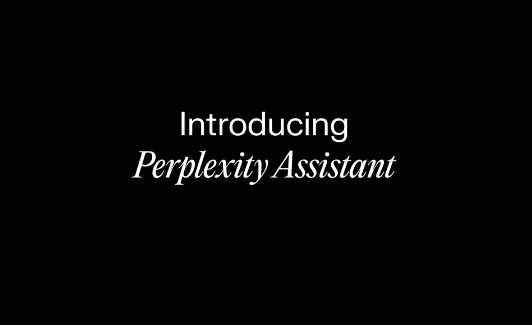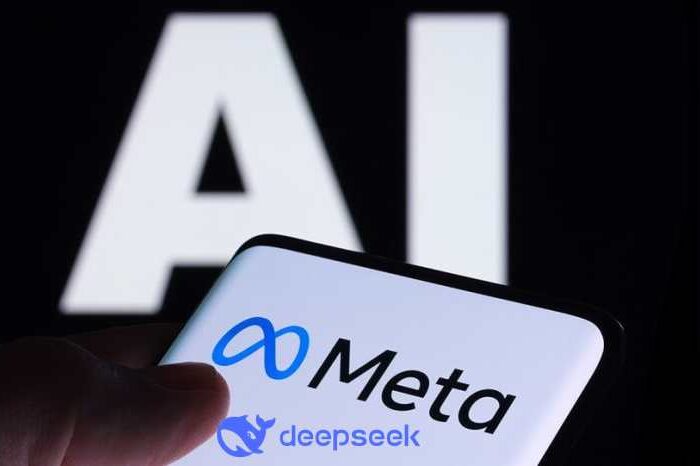This week in AI: Top 10 AI news stories you need to know

AI had a busy week, with announcements ranging from OpenAI’s new task-performing agent to Tencent’s advances in 3D design. The pace of innovation in artificial intelligence shows no signs of slowing down, and this week was no exception.
Major players like OpenAI, Google, and Tencent unveiled tools and initiatives poised to shape the future of AI. From personal assistants that can navigate the web on your behalf to groundbreaking 3D modeling tools, these updates reflect the immense potential of AI to simplify and enhance both everyday tasks and complex workflows.
With billions of dollars in investments and cutting-edge technology hitting the market, it’s clear we’re in the midst of a transformative period for AI. With that, here’s a rundown of the top 10 stories you don’t want to miss.
Top 10 AI News Stories You Don’t Want to Miss
1. OpenAI Launches Operator
Earlier today, we reported on OpenAI’s rollout of Operator, an AI agent that handles tasks directly on the web. Currently available as a “research preview” for ChatGPT Pro users in the United States, Operator is designed to perform actions on websites, such as typing, clicking, and scrolling, to handle tasks like buying groceries or managing expense reports.
From booking flights to reserving tables at restaurants, this tool aims to take some workload off your plate. The Operator also collaborates with services like Instacart and Uber, making it a convenient option for streamlining everyday needs. Alongside the launch of ChatGPT Operator, OpenAI announced that free-tier ChatGPT users will soon gain access to the o3-mini model, broadening the platform’s capabilities.
A research preview of Operator, an agent that can use its own browser to perform tasks for you. pic.twitter.com/wkBBDIlVqj
— OpenAI (@OpenAI) January 23, 2025
2. Stargate Project Plans Massive AI Investments
Dubbed the largest AI project in the history of the United States, the Stargate Project is a bold initiative to inject $500 billion into advanced AI infrastructure over the next four years. Backed by industry heavyweights like OpenAI, Oracle, SoftBank, and MGX, the initiative includes building data centers and related facilities across the country. The project is expected to create thousands of jobs while significantly boosting America’s AI capabilities.
Unveiled on January 21, 2025, by U.S. President Donald Trump, the Stargate Project represents a collaborative effort to establish the U.S. as a leader in artificial intelligence development. Masayoshi Son, CEO of SoftBank, has been appointed as the chairman of the company. With a goal to complete its $500 billion investment by 2029, this initiative is set to transform the landscape of AI infrastructure in the region.

3. Anthropic Adds Citations to Claude
OpenAI isn’t the only one making headlines this week. On Thursday, Anthropic announced a new feature called Citations for its Claude AI, just a day after securing another $1 billion investment from Google.
This update allows the model to ground its answers in source materials, referencing specific documents and passages for added reliability. It’s a significant step toward making AI outputs more transparent and fact-based.
“Introducing Citations. Our new API feature lets Claude ground its answers in sources you provide. Claude can then cite the specific sentences and passages that inform each response,” Anthropic said in a post on X.
Introducing Citations. Our new API feature lets Claude ground its answers in sources you provide.
Claude can then cite the specific sentences and passages that inform each response. pic.twitter.com/FCI7Ohs8j2
— Anthropic (@AnthropicAI) January 23, 2025
4. Freepik Teams Up with Google’s Imagen 3
Freepik has added Google’s Imagen 3 to its toolkit, a move that strengthens its offerings in AI-generated design. Imagen 3 has emerged as a leader in text-to-image capabilities, offering highly detailed visuals that creatives will find useful.
Imagen 3 has also quickly claimed the #1 spot in the text-to-image space, outpacing competitors like Recraft-v3 with an impressive 70-point lead. This addition strengthens Freepik’s position as a go-to platform for creative professionals seeking cutting-edge AI-powered design tools.

Insane detail and amazing lighting
Google-powered creations with Imagen 3, now available on Freepik’s AI Suite
2 free generations in the first 24 hours. Go! 🔥 pic.twitter.com/GcB4z38zmg
— Freepik (@freepik) January 23, 2025
5. DeepSeek Releases a Cost-Effective Model
DeepSeek, a free open-source AI model that has been making waves since December, continues to challenge industry leaders like OpenAI and Meta by offering comparable performance at a fraction of the cost.
The Chinese AI startup recently launched DeepSeek-R1, a reasoning model positioned as a compelling alternative to OpenAI’s o1 model. This open-source option is gaining traction among developers for its affordability and performance on key benchmarks.

Licensed under MIT, DeepSeek allows users to distill and commercialize its capabilities freely, making it a highly attractive choice for budget-conscious developers seeking robust AI solutions.
🚀 DeepSeek-R1 is here!
⚡ Performance on par with OpenAI-o1
📖 Fully open-source model & technical report
🏆 MIT licensed: Distill & commercialize freely!🌐 Website & API are live now! Try DeepThink at https://t.co/v1TFy7LHNy today!
🐋 1/n pic.twitter.com/7BlpWAPu6y
— DeepSeek (@deepseek_ai) January 20, 2025
6. Perplexity Assistant Arrives on Android
Not to be outdone by OpenAI and Anthropic, Perplexity AI this week officially launched its Assistant for Android, bringing a versatile tool designed to simplify everyday life.
The app seamlessly integrates reasoning, search, and app functionalities, enabling it to handle a variety of tasks. Whether it’s answering quick questions or managing more complex, multi-app actions, Perplexity Assistant is up to the challenge.
Need to book a dinner reservation? Identify a song that’s been stuck in your head? Call a ride, draft emails, or set reminders? Perplexity Assistant makes it effortless.
The app is now available for download on the Play Store.

Introducing Perplexity Assistant.
Assistant uses reasoning, search, and apps to help with daily tasks ranging from simple questions to multi-app actions. You can book dinner, find a forgotten song, call a ride, draft emails, set reminders, and more.
Available on Play Store. pic.twitter.com/UHdUIiDOzD
— Perplexity (@perplexity_ai) January 23, 2025
7. Google DeepMind’s Gemini 2.0 Makes Waves
Google DeepMind unveiled Gemini 2.0, a model built to solve advanced challenges in math, science, and more. This latest update has already climbed to the top of LM Arena’s leaderboard and is now available for testing through Google’s AI platforms.
Demis Hassabis, Co-Founder and CEO of Google DeepMind, shared details about the impressive benchmarks achieved by Gemini 2.0 Flash Thinking in a post on X. “Our latest update to our Gemini 2.0 Flash Thinking model (available here: https://goo.gle/4jsCqZC) scores 73.3% on AIME (math) and 74.2% on GPQA Diamond (science) benchmarks,” Hassabis said. “This latest update represents super-fast progress from DeepMind’s first release just this past December!”
Gemini 2.0 brings several new capabilities, including code execution, a 1M-token content window, and improved consistency to reduce thought-answer contradictions. Hassabis also highlighted DeepMind’s history of pioneering AI planning systems, dating back to innovations like AlphaGo, and how these advancements now integrate with the most capable foundation models.
Our latest update to our Gemini 2.0 Flash Thinking model (available here: https://t.co/Rr9DvqbUdO) scores 73.3% on AIME (math) & 74.2% on GPQA Diamond (science) benchmarks. Thanks for all your feedback, this represents super fast progress from our first release just this past… pic.twitter.com/cM1gNwBoTO
— Demis Hassabis (@demishassabis) January 21, 2025
8. Tencent Debuts Hunyuan3D 2.0
Tencent revealed Hunyuan3D 2.0, a tool that transforms simple inputs into detailed 3D assets. Its capabilities include generating realistic textures and even animating characters. This technology could drastically reduce the time and effort needed in 3D design workflows.
“I am truly honored to announce that our 3D open source project has entered its 2.0 version, presenting revolutionary effects that rival those of commercial products,” Tencent shared in a post on X.
I am truly honored to announce that our 3D open source project has entered its 2.0 version, presenting revolutionary effects that rival those of commercial products. https://t.co/YM3GVb9BQM https://t.co/IexQULxv2U pic.twitter.com/8kJAgyCac2
— Hunyuan (@TXhunyuan) January 21, 2025
9. ByteDance Expands AI Offerings
ByteDance, the parent company of TikTok, made bold waves in the AI space this week with the launch of Doubao 1.5 Pro and UI-TARS
Doubao 1.5 Pro is an upgraded AI model designed to enhance reasoning and performance, directly competing with industry leaders like GPT-4o. Key features include:
- Enhanced Performance: Outperforms OpenAI’s o1 model on AIME benchmarks, showcasing its ability to handle complex instructions.
- Resource-Efficient Training: Utilizes cost-effective server clusters with lower-end chips to reduce infrastructure expenses.
- Reasoning Focus: Specializes in advanced reasoning tasks, making it suitable for a broad range of applications.
In addition to Doubao 1.5 Pro, ByteDance also unveiled UI-TARS, a new agent capable of performing intricate computer interactions. These innovations underscore ByteDance’s commitment to staying competitive in the rapidly evolving AI industry, positioning the company as a serious contender alongside names like OpenAI.
9. ByteDance has unveiled Doubao 1.5 Pro, a multimodal AI model that competes with top competitors like GPT-4o and Claude 3.5 Sonnet.
ByteDance also released UI-TARS, a GUI AI agent capable of reasoning and perform computer interactions. pic.twitter.com/2bAllp3ATy
— Alvaro Cintas (@dr_cintas) January 23, 2025
10. AI’s Growing Role in Everyday Tools
Overall, this week’s developments emphasize how AI is integrating into tools we use daily. From simplifying 3D modeling to making personal assistants smarter, these updates show the ongoing march of AI into both practical and creative domains.
Conclusion
From OpenAI’s Operator to Tencent’s 3D breakthroughs, this week’s announcements reflect the rapid pace of innovation in AI. Stay tuned for more as the landscape continues to evolve.




